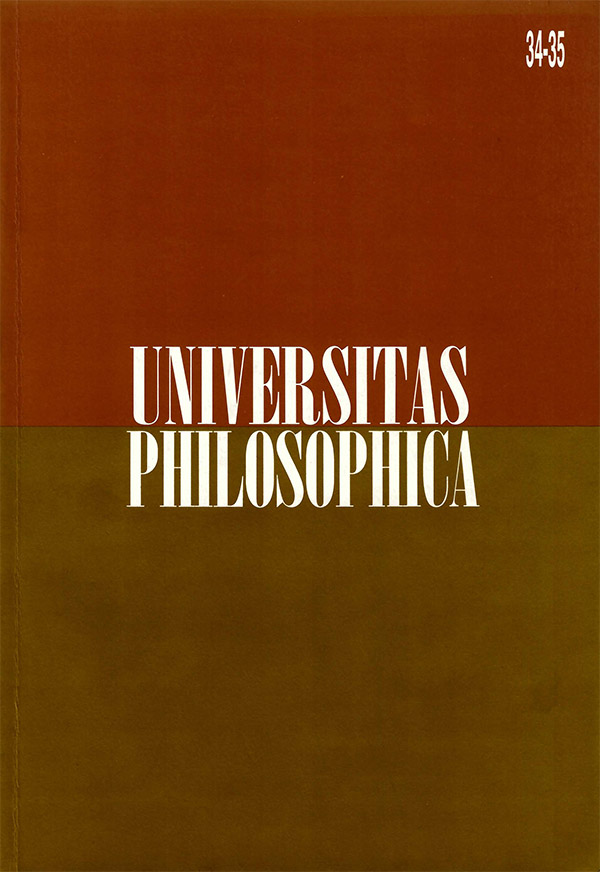Truth, Fiction and Reification in F. Nietzsche
##plugins.themes.bootstrap3.article.details##
This paper intends to shed some light on the ways Nietzsche uses the philosophic category of truth. It is necessary to make a ordered presentation of each one of these, in order to reach a complete vision of everything Nietzsche meant to involve with such term. This has been done meaning to respect the deliberate non-systematic nature of Nietzsche's thought. Also this work has been done keeping in mind the moments and situations that marked his life and work. A distinction between two thematic branches in which Nietzsche's usages of truth can be sorted, is done with a merely methodological purpose: one is the ontological-existential side, the other is the historiemoral side. This distinction implies the division of this paper in two parts: the first is dedicated to three axis: -truth-being, truth-life, truth-science-, the second part shows the connections between truth and becoming, and the connections between genealogy and life. Finally, a sense of the term truth is stated, a sense that can be used in both branches and in almost every stage of Nietzsche's work: truth as a dissolvent of everything that is reificated.
truth, being, life, science, fiction, Nietzscheverdad, ser, vida, ciencia, ficción, Nietzsche


